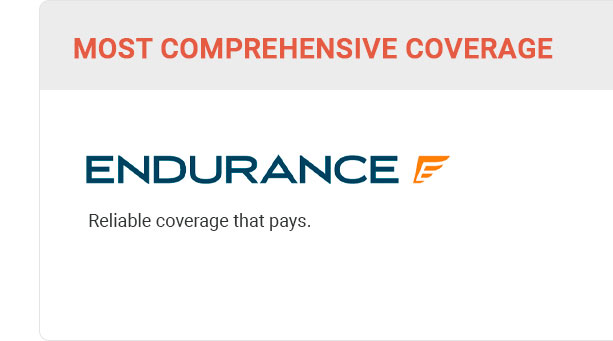 |
 |
 |
 |
 |
 |
 |
 |
 |
 |
|||
 |
 |
|||
 |
 |
|||
 |
 |
|
|||||||
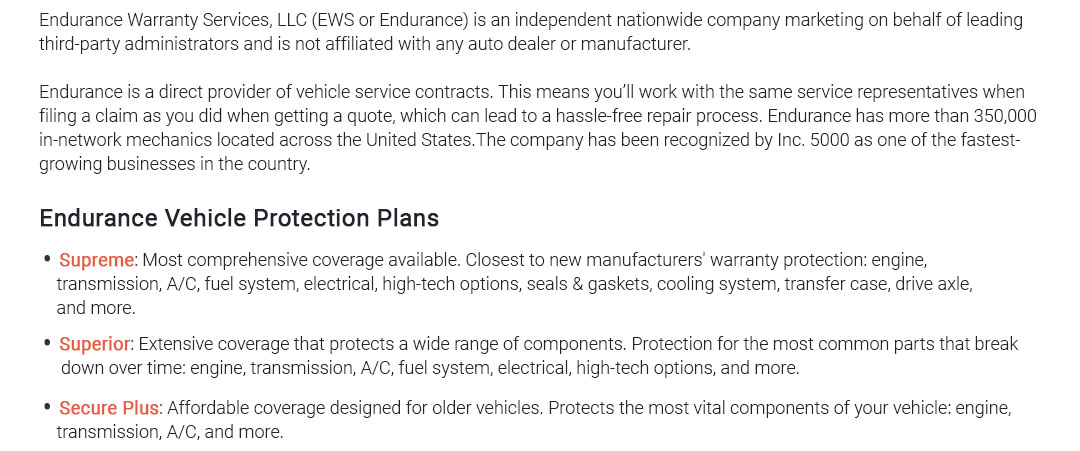 |
|||||||
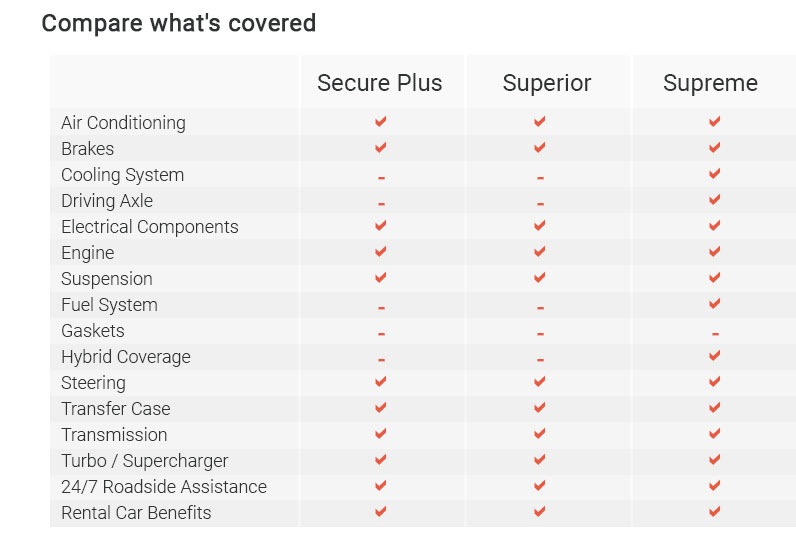 |
|||||||
 |
|||||||
 |
|||||||
|
|||||||
|
||||||
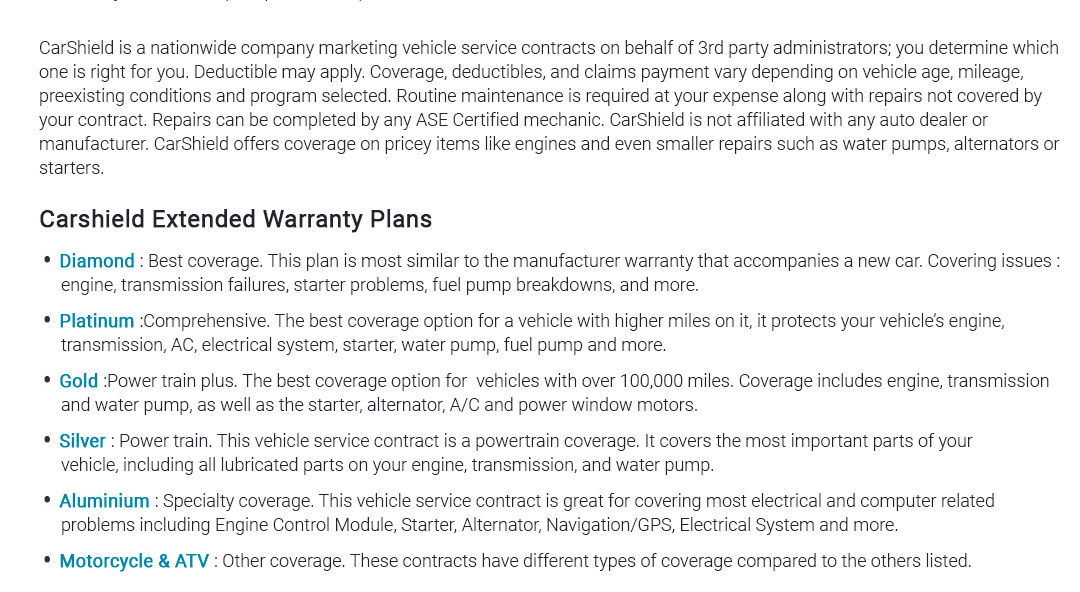 |
||||||
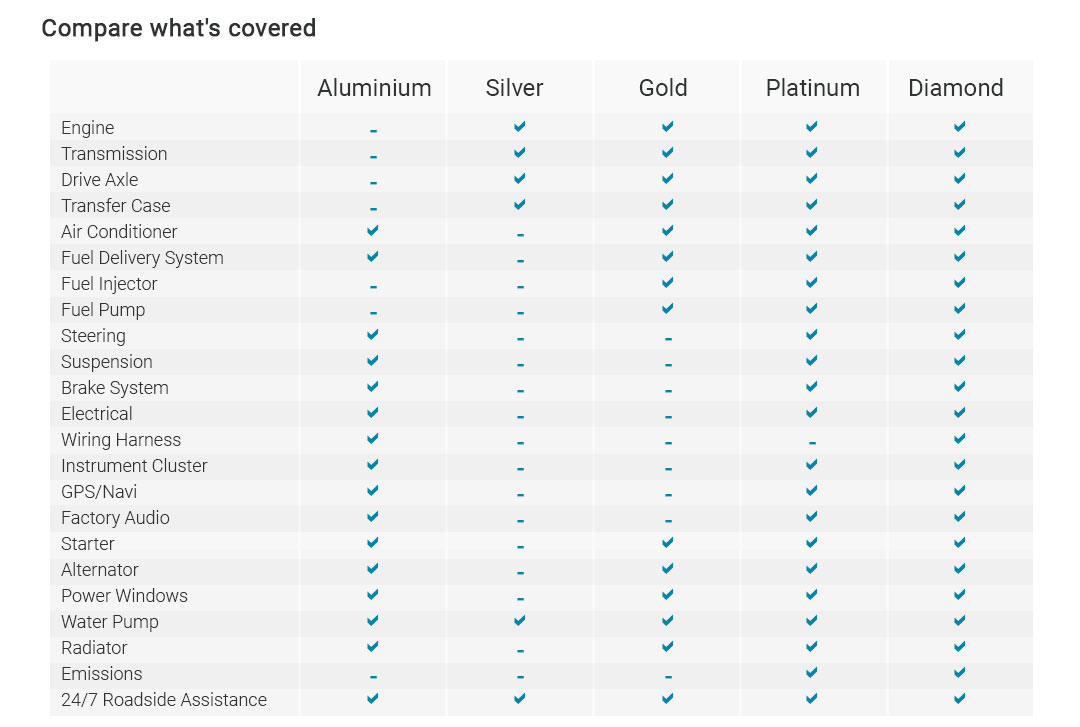 |
||||||
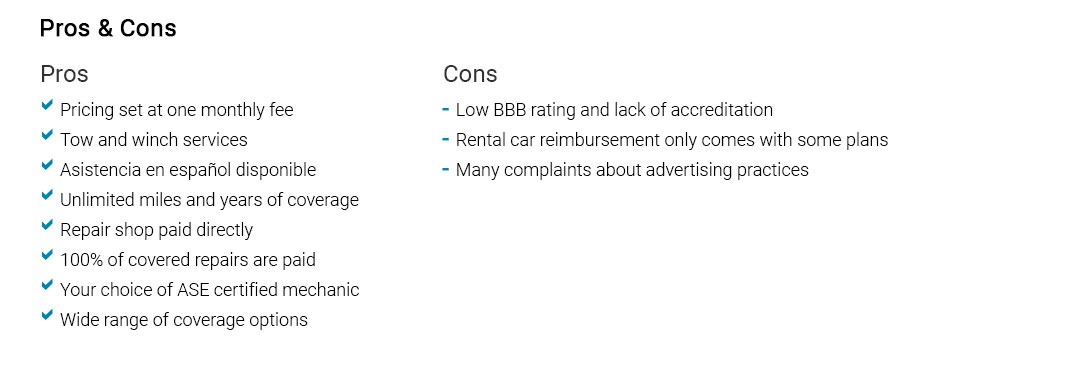 |
||||||
|
 |
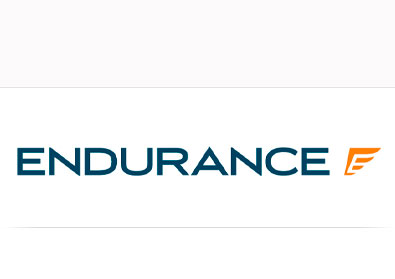 |
 |
 |
 |
 |
 |
|||
 |
 |
|||
 |
 |
Exploring the Best Car Warranty Options: What You Need to KnowWhen it comes to purchasing a vehicle, one of the most crucial aspects to consider is the warranty that accompanies your new investment. A car warranty not only provides peace of mind but also offers a safety net against unexpected repair costs, which can often be exorbitant. In this comprehensive guide, we will delve into the intricacies of car warranties, highlighting the best options available in the market, and providing you with subtle insights to help you make an informed decision. Firstly, it is essential to understand the basic types of warranties available. Typically, manufacturers offer bumper-to-bumper warranties and powertrain warranties. A bumper-to-bumper warranty is the most comprehensive, covering almost all components of the vehicle, excluding wear and tear items such as tires and brakes. In contrast, a powertrain warranty is more limited, focusing primarily on the engine, transmission, and drivetrain, which are often the most expensive components to repair. Among the manufacturers, Hyundai and Kia are often lauded for their exceptional warranty programs, offering a remarkable 10-year/100,000-mile powertrain warranty, which far surpasses the industry standard. This commitment to customer satisfaction reflects their confidence in vehicle durability and reliability. Meanwhile, Honda and Toyota provide a balanced approach with their comprehensive 3-year/36,000-mile bumper-to-bumper warranties complemented by a 5-year/60,000-mile powertrain warranty, which is generally satisfactory for most buyers. For those who are particularly risk-averse, considering extended warranty options or third-party warranties might be worthwhile. Companies like Endurance and CARCHEX are popular choices, offering customizable plans that can be tailored to individual needs, ensuring that you are not paying for coverage you do not require. However, it is crucial to scrutinize the fine print of these warranties, as some might have exclusions or stipulations that could affect your coverage. Moreover, when evaluating the best car warranty, one should consider not just the length of coverage but also the quality of service provided. Some warranties include roadside assistance, rental car reimbursement, and even trip interruption benefits, adding significant value to the overall package. Additionally, the ease of claim processing and the reputation of the warranty provider are pivotal factors that should not be overlooked.
In conclusion, selecting the best car warranty is a nuanced decision that requires a balance of coverage, cost, and customer service quality. While manufacturers like Hyundai and Kia offer unparalleled powertrain warranties, other factors such as additional services and ease of claim processing also play a critical role. Ultimately, the best warranty is one that provides you with the confidence to enjoy your driving experience, knowing that you are well-protected against unforeseen repairs. https://www.quora.com/Which-car-warranties-are-worth-buying-and-which-should-you-avoid
1. Endurance: Endurance offers comprehensive coverage plans that cater to various budgets and vehicle needs. - 2. CarShield: CarShield is known ... https://www.whatcar.com/advice/buying/best-new-car-warranties/n26485
Best brands for fixing cars under warranty ; Ford, 90.8% ; Fiat, 87.5% ; Hyundai, 87.0% ; Honda, 85.7% ; Toyota, 83.3%. https://www.youtube.com/watch?v=Q0Lf8G7UNrA
The general rule here is that you can already sell your car before its warranty ends, especially if you don't want to keep an aging vehicle.
|



